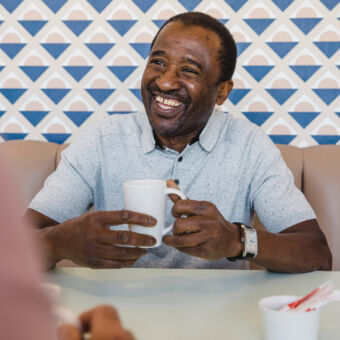


Detecting cancer early
Thank you to over 140,000 volunteers taking part in the NHS-Galleri trial
A new way to screen for cancer
Find out how the NHS-Galleri trial is carrying out research to help detect cancer early.
We’ve put some small files called cookies on your device to make our site work.
We’d also like to use analytics cookies. These send information about how our site is used to a service called Google Analytics. We use this information to improve our site.
Let us know if this is OK. We’ll use a cookie to save your choice. You can read more about our cookies before you choose.



Thank you to over 140,000 volunteers taking part in the NHS-Galleri trial
Find out how the NHS-Galleri trial is carrying out research to help detect cancer early.